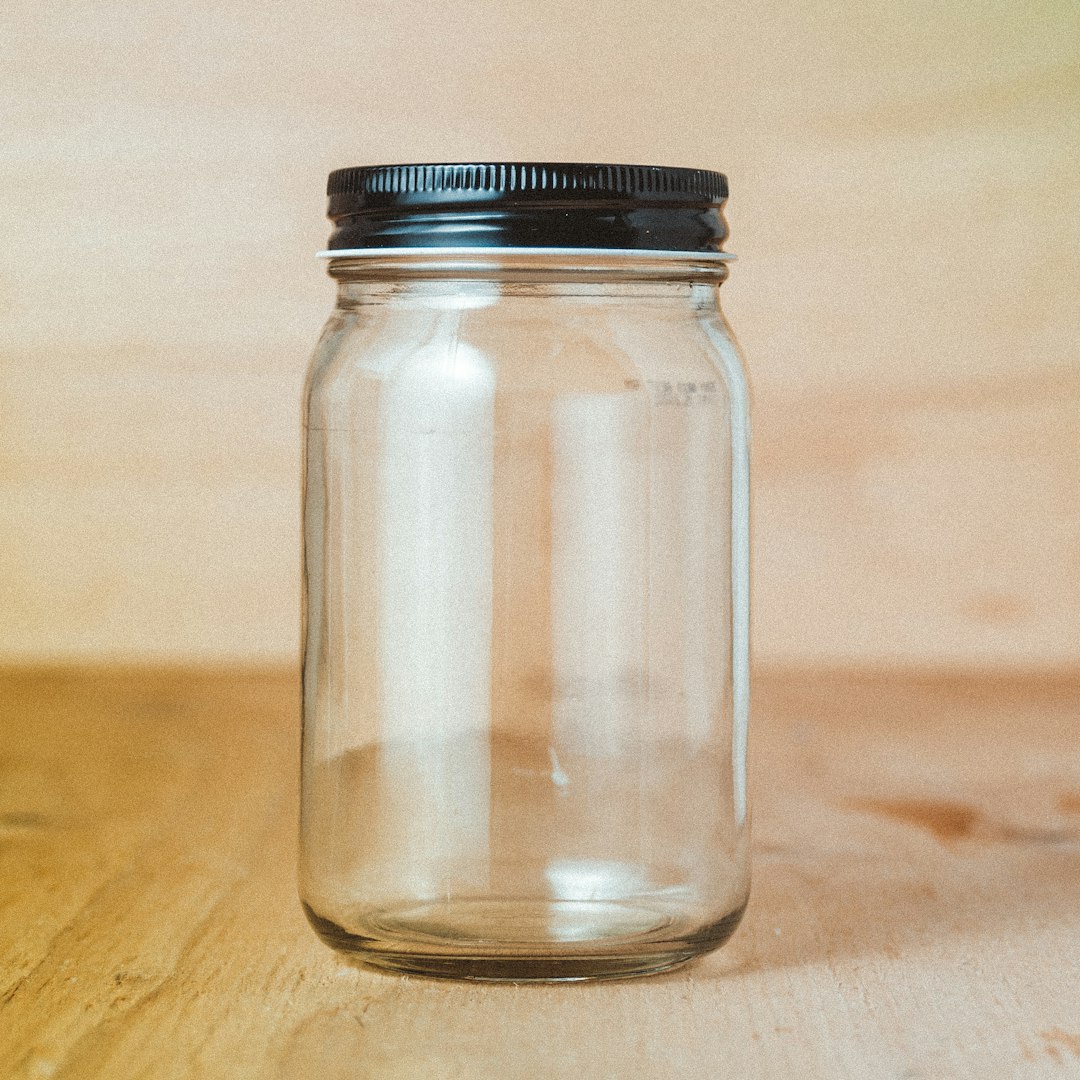When Things Aren't Adding Up, Start Subtracting
Less is more in the pursuit of happiness

“To attain knowledge, add things every day; to attain wisdom, subtract things every day.” Lao Tzu
Keep reading with a 7-day free trial
Subscribe to Prioritise This to keep reading this post and get 7 days of free access to the full post archives.

